
A Report entitled: "Tax, Education Privatization and the Right to Education--Influencing Education Financing in Ghana" was, yesterday, launched in Accra.
The launch took place at a National Workshop and Policy Dialogue organized by ActionAid Ghana on Tax, Education Privatization and the Right to Education.
Participants at the two-day workshop included representatives from the Non-Governmental Organizations (NGOs) sector, National Association of Graduate Teachers (NAGRAT), Ghana National Association of Teachers (GNAT), University of Cape Coast (UCC) and the Tax Justice Coalition (TJC).
Also represented at the workshop were the Ghana National Education Coalition (GNEC), Ministries of Finance (MoF) and Education (MoE), and the Internal Revenue Service (IRS).
The workshop will provide the opportunity for participants to assess the effectiveness of Ghana's educational policies and the alternatives available.
Welcoming participants to the meeting, Mr Sumaila Abdul-Rahman, Country Director, ActionAid Ghana, urged stakeholders not to make compromises on the quality of education as such compromises would negatively affect the future of Ghanaian children and the destiny of the country.
Mr Abdul-Rahman was of the view that children in poor communities could also change the world, but added that that could only happen with quality education that did not discriminate between the rich and the poor.
He said to overcome the systemic problems in Ghana's educational system, policies should be linked to good practices and innovation.
He said as promoters of quality education, ActionAid Ghana was not unaware of the huge financing burden on public education vis-à-vis other equally important and compelling demands on government budget.
Mr Abdul-Rahman noted that when the public school system failed to deliver quality education, people in marginalized communities suffered the most as parents paid high fees to buy quality education in private schools for their children. "Education comes at a price, but the price of quality education should be affordable to everybody. Education is a right that must be enjoyed by all children, no matter their location or the pockets of their parents," he added.
Mr Abdul-Rahman expressed concern about the limited financing of public education and urged government to show greater commitment to the provision of quality education by plugging financial leakages from tax incentives and using the accruals to enhance investments in the sector.
He pledged the continuous support of civil society in complementing government's efforts of providing educational infrastructure and advocating for good policies and their effective implementation.
On the Report, the ActionAid Country Director said it was part of the progressive work of ActionAid Ghana on tax justice, education financing and its framework on Promoting Rights in Schools (PRS).
In his remarks, Mr Callistus Haruna Sung-Year, Publicity and Organizing Secretary, NAGRAT, underscored the importance of education to national development, adding that education policies should, therefore, be defined, made permanently stable and properly financed.
On his part, Mr Patham Oyiye, GNAT, said education was a public good and a right, and that it was the responsibility of every adult Ghanaian to ensure that all children had equal access to quality education.
The Co-ordinator of the Tax Justice Coalition, Mr Benard Anaba, disclosed that 15 countries of the Economic Community of West African States (ECOWAS), including Ghana, Senegal and Nigeria annually gave away US $9.6 billion in tax incentives, Ghana's share being US $2.27million.
Mr Anaba said government would be able to adequately finance quality public education if it could plug the leakages from the tax incentives to multinational companies which incentives he described as needless.
The study on Tax, Education Privatization and the Right to Education was commissioned by ActionAid Ghana with the objective of examining education financing and the promotion of the Right to Education (RTE) in Ghana through the provision of adequate financing to the sector.
The Report of the study concludes that there is the need for legal accountability of central government to education financing; improved quality of learning and increased resources for public schools.
ActionAid is a global justice federation with a mission to achieve social justice, gender equality and poverty eradication. The organization works in Africa, Asia and Latin America to empower people living in poverty, particularly women, and to address the structural causes of inequality, discrimination and exclusion. Its vision is a just, sustainable and equitable world in which every person enjoys the right to a life of dignity, freedom from poverty and all forms of oppression.
ActionAid has been promoting quality basic education in deprived and marginalized communities in Ghana through the provision of model primary and early childhood educational facilities and various rights awareness campaigns.
Under its PRS programme, ActionAid has tackled the structural causes of low quality education by empowering basic school children to recognize and claim their right to free and compulsory education, non-discrimination, adequate infrastructure, quality trained teachers and learning in a violence-free environment.
ActionAid has also built the assertiveness of girls through our girls' clubs.
ActionAid's Tax Justice Campaign advocates for progressive taxation through the removal of harmful tax incentives which are granted to multinational companies to invest in Ghana.
Source: ISD (G.D. Zaney)
Read Full Story

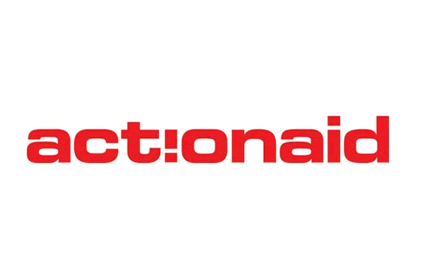
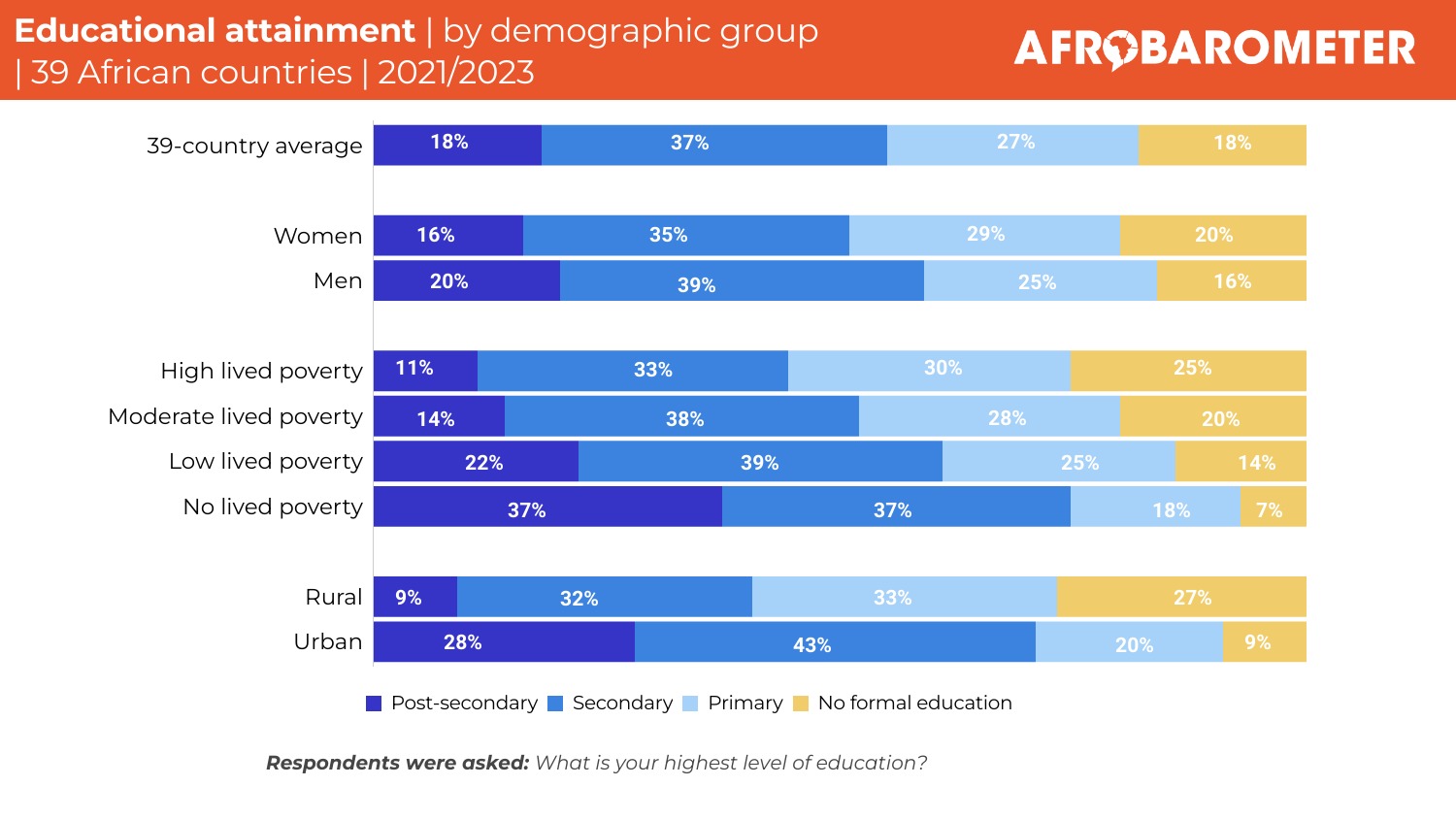


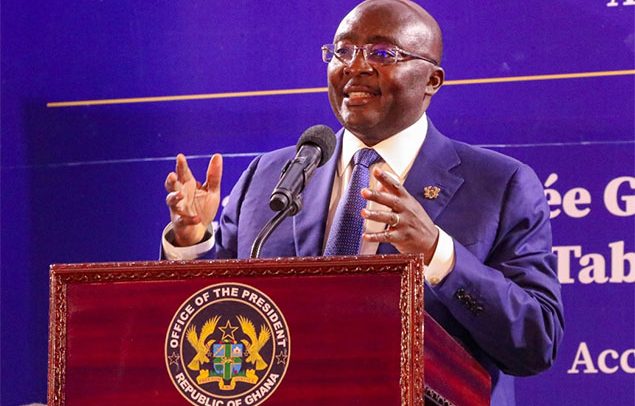











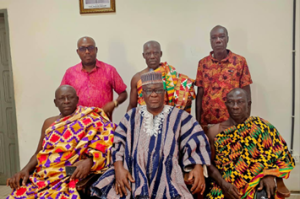
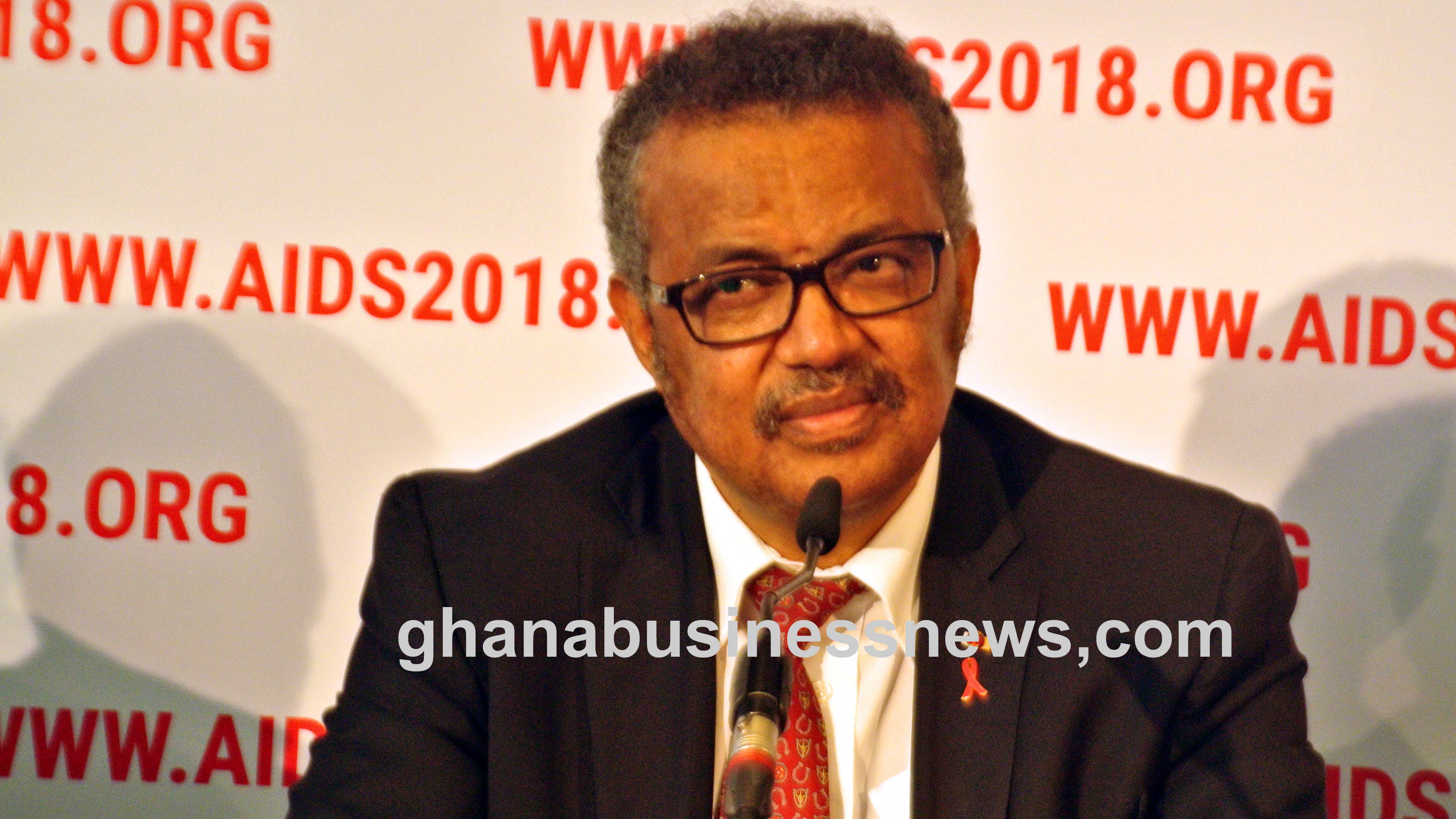



Facebook
Twitter
Pinterest
Instagram
Google+
YouTube
LinkedIn
RSS